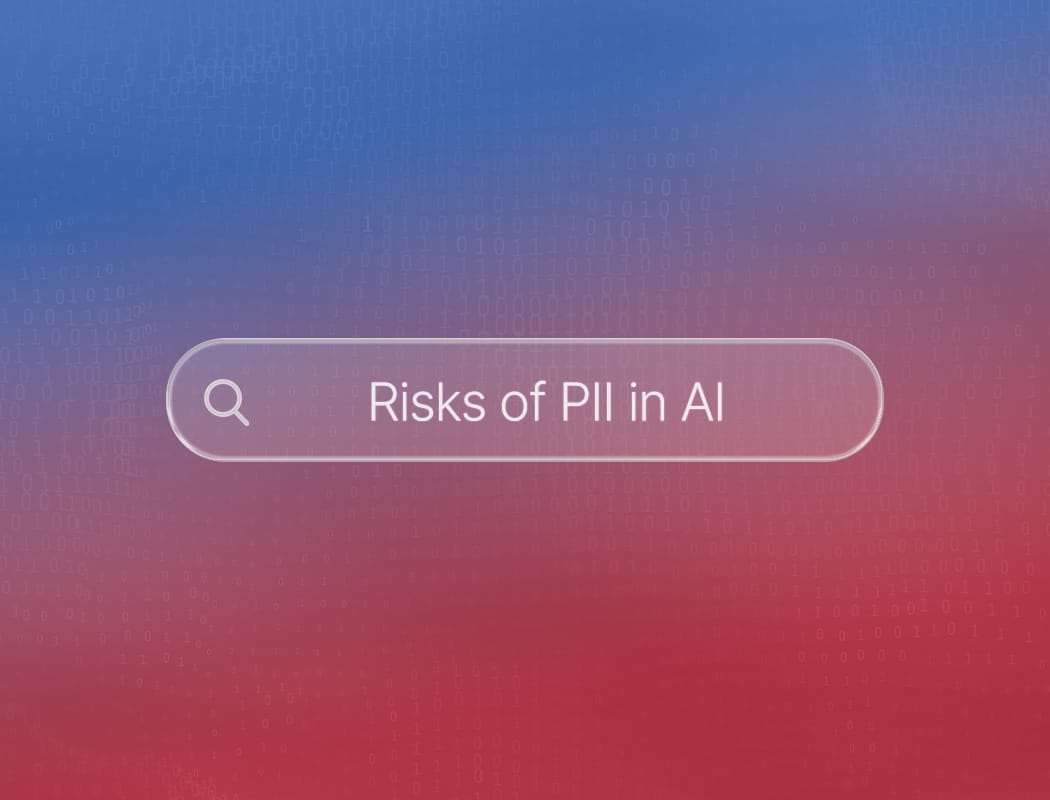How will AI affect jobs?
The rise of artificial intelligence is changing the way we work. Some people worry about losing their jobs, while others see new opportunities on the horizon.
The truth is, AI will not simply replace every worker overnight. Instead, it will shift the types of skills that are in demand and create new roles and tasks that did not exist before.
Research on the impact of AI on jobs found that AI is more likely to complement jobs (working together with AI) than replace them. This means AI is more likely to change your job than replace it.
New opportunities and shifting roles
AI is opening doors to careers that were unheard of just a few years ago. Prompt engineers and AI ethicists are now in high demand. Even traditional roles like marketing or customer service are evolving as AI tools become part of daily work.
This means employees must be flexible and willing to learn. Companies are investing in training programs to help their teams keep up.
As mentioned, the AI impact on employment is not about job loss, but AI is more about job transformation. People who can work alongside AI, using it to solve problems and make decisions, will thrive in this new landscape.
Challenges and the human factor
Despite the excitement, there are real challenges ahead. Some industries may see significant job reductions as automation takes over repetitive tasks.
Workers in these fields might face uncertainty and stress. However, there will always be a need for creativity, empathy, and critical thinking. These are skills that AI cannot easily mimic.
Supporting workers through retraining and education will be essential. The future of work will depend on how well people and technology can collaborate, making the most of each other’s strengths.
Which jobs could be most impacted by AI?
AI is changing the way we work, and its influence is spreading fast. Some jobs are more exposed to automation than others, especially those that rely on repetitive tasks or predictable routines.
The AI impact on employment is already visible in industries like manufacturing, customer service, and data entry. As technology evolves, so does the definition of what makes a job “safe” from automation.
Jobs most at risk from AI impact on employment
Roles that involve routine, rule-based tasks are feeling the pressure first. Think of assembly line workers, telemarketers, and data entry clerks. These jobs often follow strict procedures, making them easier for AI systems to learn and replicate.
In finance, tasks like bookkeeping and basic auditing are also being automated. Even some aspects of legal research and document review are now handled by smart algorithms.
The common thread is predictability, if a job can be broken down into clear steps, there’s a good chance AI will take over at least part of it.
Jobs likely to evolve alongside AI
Creative roles and those requiring emotional intelligence are less likely to disappear. It is not likely that AI will replace humans. So, teachers, therapists, designers, and managers use human-skills that are hard for machines to mimic.
Instead of replacing these jobs, AI tools can enhance them. For example, teachers might use AI to personalize lessons, while designers could automate tedious parts of their workflow.
What changes might AI bring to the workplace?
AI is already reshaping the workplace, and its influence is only set to grow. From automating repetitive tasks to unlocking new ways of working, the AI impact on employment will be both subtle and dramatic.
Some jobs may disappear, others will evolve, and entirely new roles will emerge. Let’s explore some of the most significant changes AI might bring to the world of work.
Smarter automation and efficiency
Imagine a world where the dullest parts of your job simply vanish. That’s the promise of smarter automation powered by AI.
Instead of spending hours entering data or sorting through endless emails, AI tools can handle these repetitive tasks in seconds.
This doesn’t just save time, it frees up employees to focus on more creative and strategic work. For businesses, this means higher productivity and fewer errors.
But for workers, it also means learning to adapt as certain tasks become automated. The AI impact on employment here is clear: some roles will shrink, while others will shift towards managing and improving these smart systems.
New kinds of collaboration
AI isn’t just about machines replacing people. It’s also about people and machines working together in new ways.
Picture a marketing team brainstorming ideas with the help of an AI assistant that suggests headlines or analyzes customer trends in real time. Or a customer support agent who relies on AI to instantly pull up relevant information during a call.
These collaborations can make teams faster, smarter, and more responsive. The AI impact on employment in this area is more about transformation than replacement.
Employees will need to learn how to communicate with AI tools, interpret their suggestions, and use them to make better decisions.
Changing skillsets and lifelong learning
As AI takes over routine work, the skills that matter most will change. Technical know-how will always be valuable, but so will creativity, problem-solving, and emotional intelligence.
Workers will need to get comfortable with change, picking up new skills as technology evolves. Lifelong learning will likely become the norm, not the exception.
Companies may invest more in training programs, helping employees stay ahead of the curve. The AI impact on employment will be felt in hiring practices too, with employers looking for people who can adapt quickly and thrive alongside intelligent machines.
A more flexible and global workforce
AI has the potential to make work more flexible than ever before. With smart scheduling tools, virtual assistants, and remote collaboration platforms, employees can work from anywhere and at any time.
This opens up opportunities for people who might have been left out of traditional office jobs, such as parents, caregivers, or those living far from big cities.
At the same time, companies can tap into a global talent pool, finding the best person for the job no matter where they live.
The AI impact on employment here is about breaking down barriers and creating new ways to connect. Work could become more inclusive, diverse, and adaptable.
How might AI influence the skills required for future jobs?
Instead of focusing just on technical know-how, there’s a growing demand for creativity, adaptability, and emotional intelligence. People who can work alongside AI, interpret its results, and use it to solve problems will be in high demand.
Technical skills will evolve
The rise of AI means that some traditional technical skills may become less important, while others will take center stage. For example, basic data entry or routine analysis might be handled by machines.
But understanding how AI works, how to train it, and how to spot its limitations will become valuable. Coding and data science will remain important, but so will the ability to manage and interpret large sets of information produced by AI systems.
Even if you’re not an engineer, being comfortable with digital tools and understanding the basics of automation will help you stay relevant.
Human skills will matter more
While AI can process information faster than any human, it still struggles with empathy, creativity, and complex decision making. That’s where people come in.
Skills like communication, teamwork, and leadership will become even more essential as teams blend human and machine strengths. Employers will look for people who can ask the right questions, connect ideas, and build relationships.
Adaptability will also be key, since technology changes quickly and new challenges will keep emerging. In short, the future belongs to those who can combine technical savvy with uniquely human abilities.





